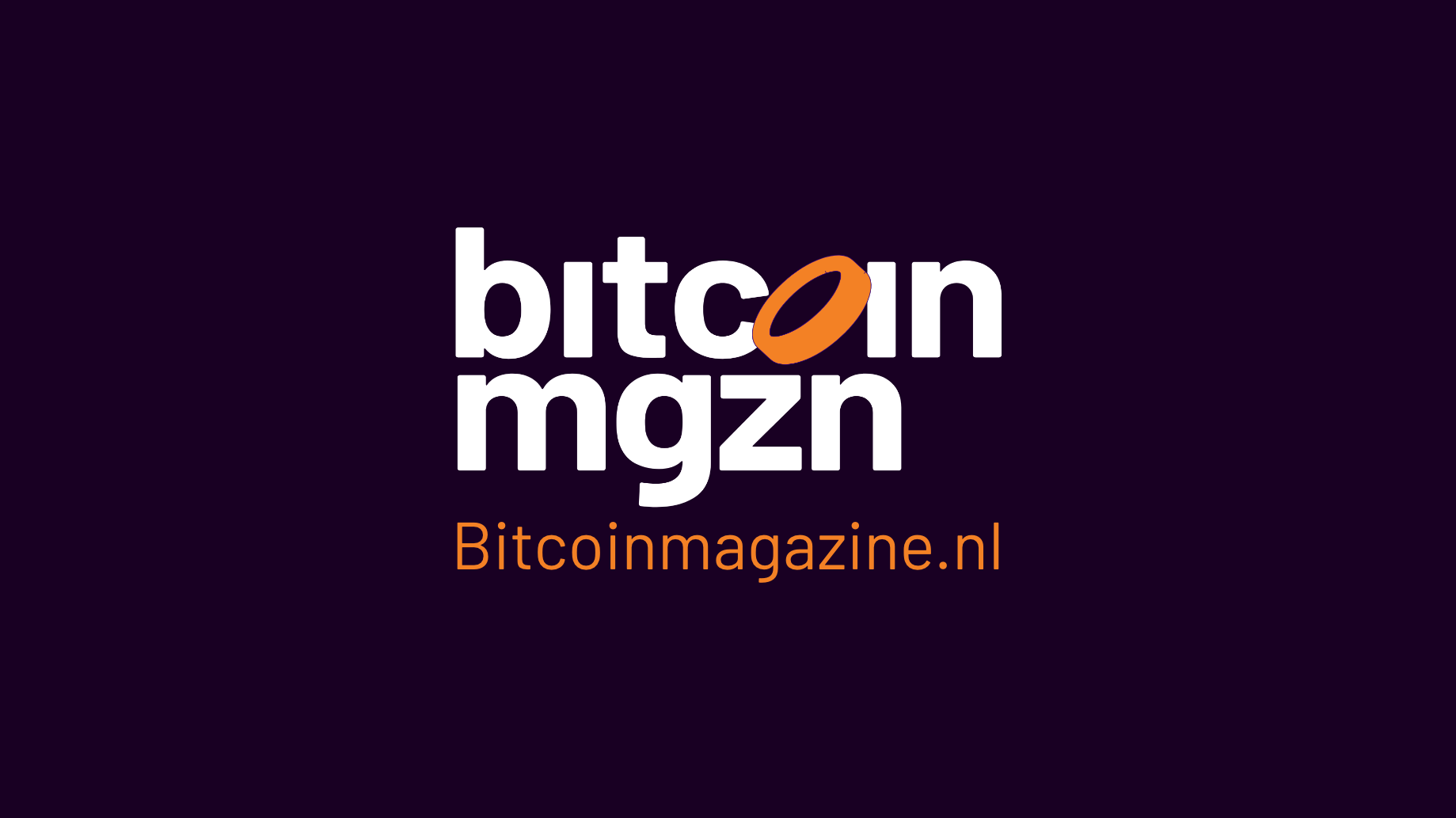Bitcoin oracles are external sensors that activate a smart contract on the blockchain, and are currently experimental for the Bitcoin blockchain. The research is still in its fledgling state, but the results are already impressive. It’s worth noting that oracles aren’t new to the cryptospace, but the technology has never been used on the Bitcoin blockchain.
Bitcoin oracles are the culmination of research done at Massachusetts Institute of Technology (MIT), where researchers are working on ways to add some new capabilities to Bitcoin’s functionality.
Imagine if you could send Bitcoin to someone when the stock market drops, or the weather changes, or, how about if a post reaches a predetermined number of likes? All of these features and more are already possible thanks to the development of Bitcoin Oracles.
Oracles are already in use with many blockchain-based platforms such as Augur and Gnosis. Both of these platforms utilize oracles to monitor stock markets with more precision. These platforms are Ethereum-based. Researchers are hoping to provide the same services to Bitcoin users.
The MIT program is called “lit” and researchers have already developed a working Bitcoin oracle to prove their theory. This oracle monitors the value of the USD and then, automatically transmits the value in Satoshis to a Bitcoin smart contract. In a public interview, MIT researchers explained that they built the oracle to monitor the value of the USD, but it could have just as easily tracked the cost of a stock, the results of a football game, or even the weather.
While MIT may be the first developers to create an oracle successfully, the original concept of Bitcoin oracles was first proposed by Lightning Network developer Thaddeus Dryja last year during one of his Discrete Log Contracts regarding Bitcoin scalability and the lightning Network’s potential.
Bitcoin Smart Contracts
Bitcoiners may soon enjoy the benefits of complex smart contracts thanks to the creative minds of researchers such as Alin S. Dragos and Tadge Dryja. Both of these researchers belong to MIT’s Digital Currency Initiative. As part of this initiative, researchers are looking to create multi-layer smart contracts that utilize the Lightning Network.
Second-layer protocols are an essential component of smart contracts. Ethereum gained notariety for introducing the smart contract concept to the cryptocommunity. To facilitate these smart contracts, Ethereum utilizes a second-layer protocol that behaves similarly. This protocol is called the Raiden Network.
Functioning as a trusted data feed, Oracles are an essential part of multi-signature contracts. Multi-sig contracts have predetermined funds set for release upon receiving a certain amount of cryptocurrency.
Private Trusted Oracles
One of the critical components of the MIT development strategy is creating oracles which cannot track its users. In essence, oracles need to be able to broadcast data in a manner that keeps users identity private. An oracle should not be aware if its information initiates a smart contract.
A data mixing protocol makes anonymity possible. This protocol mixes the oracles information with supplied data before being placed on the blockchain. Researchers say that they are able to determine what data they have added for mixing purposes but that the oracle is unable to differentiate between the two. In the future, organizations tap into this technology to protect their financial records from prying eyes.
Types of Oracles
The concept of blockchain oracles isn’t new, and many other cryptocurrencies already utilize this technology to provide their users with more robust smart contracts. Let’s take a moment to examine some of the different types of oracles that exist today.
Software Oracles
Software oracles monitor online information. Oracles track items such as the temperature, gold prices, flight delays, and even election results. Oracles are able to sort through available online information and extract the necessary data automatically before sending the info to the smart contract.
Hardware Oracles
Hardware oracles track real-world items such as a ship reaching harbor or a car entering a particular area. These types of oracle require additional hardware sensors to complete these tasks. RFID technology could give these oracles a massive boost in capabilities in the coming months. These devices provide users with the ability to monitor complete supply chains via the blockchain.
Inbound Oracles
Inbound oracles utilize external world inputs. Companies are looking to these oracles to set up automatic buy orders upon the completion of specific tasks. For example, you could set a buy order for crypto if, say, gold prices rise.
Outbound Oracles
Outbound oracles allow smart contracts to release data to real-world items. These oracles are now popular thanks to the rise in smart home technology. For example, an outbound oracle unlocks a smart lock upon the completion of a smart contract.
Consensus Oracles
Prediction-based platforms utilize consensus-based oracles heavily. These oracles gather information from numerous locations. They are perfect for monitoring financial markets were using one source of data could be unreliable.
Oracles Concerns
The concept of Bitcoin oracles has been proven successful in theory, but some concerns still remain regarding the integration of these trusted sources. For one, no one has figured out a reasonable way to monetize oracles. In order for oracles to see adoption, there will need to be some incentive for those hosting one.
In addition to financial concerns, centralization is an issue which must be tackled before wide-scale adoption. What happens when one particular source hosts numerous oracles? How could this diminish the “trust” of the network’s data? These are the questions that MIT researchers are now facing as they look to transform their concept into one of Bitcoin’s functionalities.
Bitcoin Oracles – A Work in Progress
The Bitcoin oracle project continues to see improvements. Developers are looking to third-parties to help with the user experience. MIT researchers have admitted openly that their primary focus is on the protocol’s development with the hopes that interested parties will step in to create a user-friendly platform to utilize the technology in the future. Regardless, it looks as if Bitcoin oracles are here to stay.
The post What are Bitcoin Oracles? New Functionality on the Blockchain appeared first on CoinCentral.











